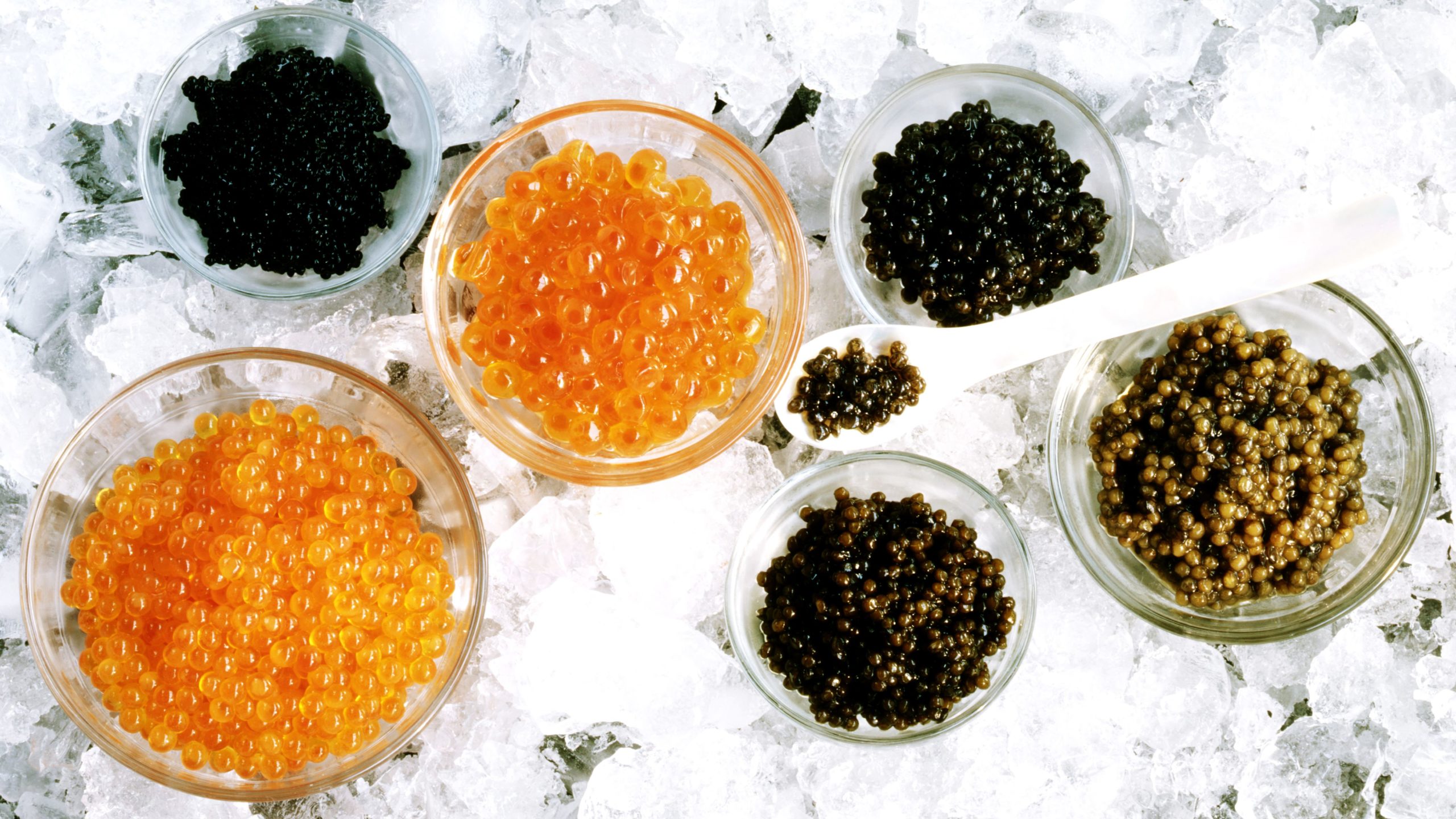
The world of food and drink is an obstacle course wrapped in a maze wrapped in a logical puzzle – it’s full of traps, gray areas, and perplexing questions that really shouldn’t even be questions (How do I find the bathroom?) Somehow, they are. Fortunately, your Eater friends are here to help you: Life Coach is a series of simple guides on the arcane rituals of modern food. Do you have a question or dilemma that you would like us to address?
o No one, not even billionaires, eats at Per Se all the time. Nine rich dishes is too much to eat every day. Nor does anyone feast on Noma every day it is open. Reservations are too hard to come by, and nobody wants to dine for four hours more than once a year. But if I had a little extra liquid lying around, I’d eat sturgeon caviar tomorrow, noon, and night. It’s my fig on a plate, a plate that reveals more about its origin and how it was processed rather than what a chef did with it. It is one of the most perfect foods in the world.
The caviar comes from the slightly salted and unfertilized eggs of the sturgeon, a prehistoric fish that swam in the waters of our land while the dinosaurs still roamed. The critically endangered beluga, the largest sturgeon, can live to be over 100 years old, and its roe tastes of oil, brine, and money.
Once a staple of lavish parties in Tsarist Russia and pre-revolutionary Iran, caviar is now mainly cultivated. Wild populations of the Caspian Sea beluga, sevruga and osetra sturgeon plummeted after the fall of the Soviet Union; The state monopoly on fishing disintegrated and the capture of sturgeon became a real fight for everyone. In 2005, EE. The US has banned the import of beluga, and even countries bordering the Caspian like Iran and Russia are now cultivating much of its caviar.
Iranian caviar is hard to come by in the US. USA Thanks to trade sanctions, but caviar is also currently available from Uruguay, Israel, China, Germany, France, and the United States, with major aquaculture farms in California, North Carolina, and Florida. The largest wild sturgeon can take up to 25 years in starting to produce eggs, and the collection of such eggs differs from, for example, the production of chicken eggs. Put more directly, the fish needs to be dispatched (caviar without killing is still a work in progress).
Translation: This is expensive; a pound of the best caviar can easily cost more than a midsize car. Restaurants can easily charge $ 200 or more for a single serving. Whether you have it in a fine dining establishment or at home, here are 10 things you need to know about eating caviar to enjoy without ruining yourself completely.
Expect to spend a lot of money.
Entry-level retail sturgeon roe won’t cost less than $ 65 to $ 85 per 30 grams (a little over an ounce), and some of the really good things start at around $ 150 or more. Caviar service rarely costs less than $ 100 at a restaurant. Le Bernardin asks for $ 220 for an ounce of osetra à la carte, while Daniel charges almost $ 400 for 50 grams.
Remember: Expensive doesn’t necessarily mean better.
The worst thing you can do when ordering caviar is to choose the most expensive roe for the sole reason that it is the most spent. Just as a 1954 Petrus isn’t necessarily any better than a fresh, cheery German Riesling, a $ 500 can of kaluga won’t automatically make you happier than a little jar of $ 10 trout roe. Get up close to caviar like you would with wine, not for price, but for style.
It is not about finding the “best” caviar; it’s about finding what you like. If you’re a Blue Point oyster lover who wants intense brine and sometimes metallic flavors, a good California white sturgeon roe might be for you. If you want ever smoother, a golden osetra could be more your speed. (In fact, I found that some of the more expensive roses are so clean and neutral in flavor that it’s almost hard to tell that you’re eating caviar.) Tell the waiter or manager if you prefer something buttery, nutty, or brackish.
Leave a Reply